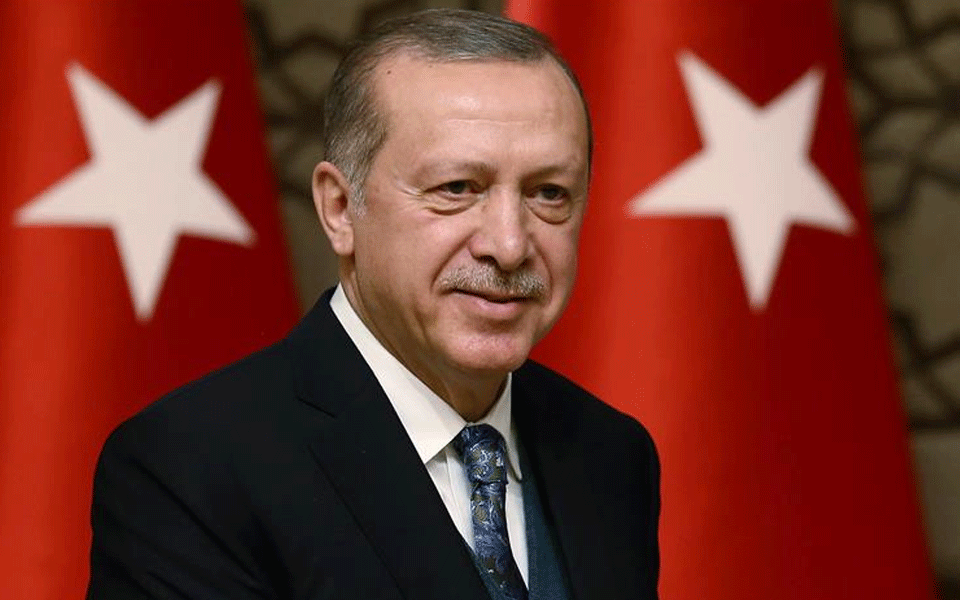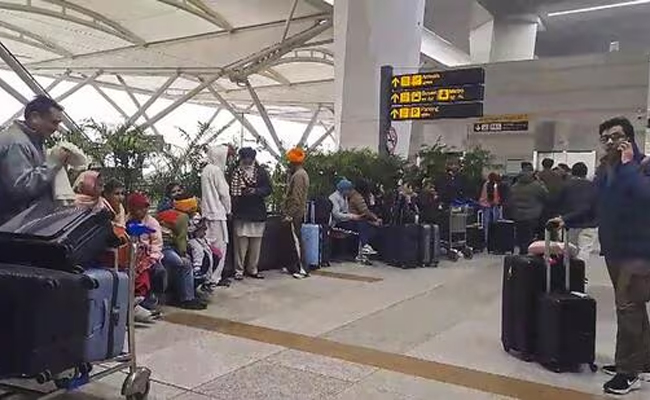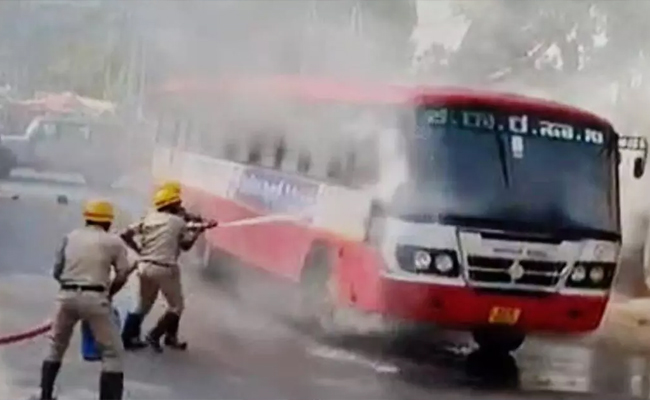Ankara, July 19 : The Turkish government has ended the nationwide state of emergency that was imposed two years ago after a failed coup attempt, the media reported.
The decision comes weeks after President Recep Tayyip Erdogan won re-election, BBC reported on Wednesday. Under the state of emergency, tens of thousands of people were arrested or dismissed from their jobs.
However, the government has decided against extending it again after seven three-month renewals. During the campaign, opposition candidates said the first thing they would do if they won would be to end the state of emergency.
More than 107,000 people have been removed from public sector jobs by emergency decree since the state of emergency began and more than 50,000 people have been imprisoned pending trial, according to official statistics and NGOs.
Many of those dismissed are alleged to be supporters of the exiled Islamic cleric Fethullah Gulen, who lives in the US and is a former ally of Erdogan. Turkey accuses Gulen and his followers of organising the coup, but he denies it.
The 2016 coup attempt saw Parliament bombed by military aircraft and more than 250 people killed.
Let the Truth be known. If you read VB and like VB, please be a VB Supporter and Help us deliver the Truth to one and all.
Mumbai (PTI): Actor Esha Gupta on Tuesday said she has safely returned to India after being stranded in the United Arab Emirates amid escalating tension due to the Israel-US attack on Iran.
“Back home. Thank you all for your prayers and wishes. It was very tough to be in the situation we all faced. Truly God’s blessing to be safe,” Gupta said in a statement posted on Instagram.
Tensions in the middle east have escalated following a coordinated offensive launched by the United States and Israel against Iran on February 28. Iran responded by firing drones and missiles at Israel and US military installations across the Gulf, and also at the global business hub of Dubai.
The actor, best known for “Jannat 2”, “Rustom” and “Total Dhamaal”, also recounted the tense atmosphere at the Abu Dhabi airport.
“It started when I was at the airport on the 28th (Saturday). By 1 p.m., the airport was closed, chaos all around as none of us knew what had happened. Then the news started coming of the missile attack, and no one knew what the next minute held for us. Strangers consoled each other, all calling their families back home,” Gupta said.
The actor lauded the “strength” and the “composure” of the Abu Dhabi International Airport staff and added that ground security and airport personnel acted immediately to maintain order.
“I hadn’t checked in myself by then, so I took a turn and left for my hotel in Abu Dhabi,” she said, adding that passengers were provided accommodations at available hotels and highlighting the dedication of hotel staff during such a tense situation.
She further said the hotel management answered all their questions patiently to the best of their ability and that there was no shortage of any service.
“The lobby was full of people, including us, scared due to the security alert, but there was no chaos. The hotel security kept reassuring everyone. Not once did we see the people, all scared internally, create stress; we were all in this together,” Gupta said and even thanked the airline staff for their assistance.
“All this shows just the backbone of a country and its strength; they took action when needed, no blaming anyone, just strong decisions. Thank you to everyone who helped and is helping people of the world get back home. Your country is truly special,” she said.
Gupta concluded her post by thanking everyone who helped ensure her safe return.
“Thank you for our government for providing its citizens with reassurance and working towards getting us all back. Thank you to UAE government in working in solidarity with every country for the citizens of the world,” she said.
Actor Sonal Chauhan also updated her fans and admirers that she is heading back home after being stranded in Dubai.
The actor shared the update through her Instagram Stories with a few videos showing her travelling in a car on her way to the airport, with the song ‘Coming Home’ by Skylar Grey playing in the backdrop.





